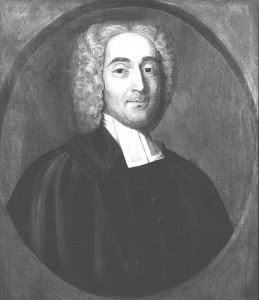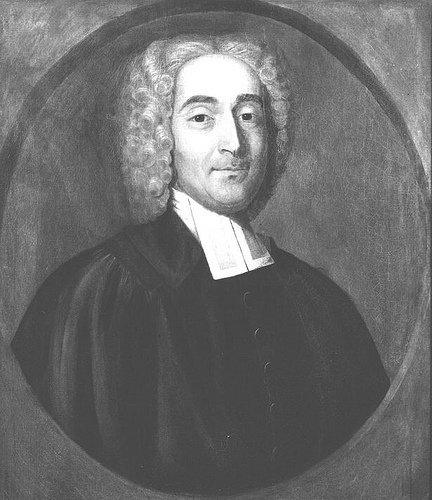The more things change, the more they stay the same. In the mid-18th century it wasn’t just fashionable to plea for the freedom to worship as one’s conscience dictated, it was often desperately necessary lest the state (“the powers that be” at all levels of society) force people to worship whatever particular religion that it might wish to establish.

The Supreme Court itself conceded long ago that atheism (and all forms of materialism) is by definition a religion; the fact that the Court has in the years since persistently occluded the freedom of worship by decisions limiting that freedom to its own arbitrarily decided upon notions of what constitutes religious worship has resulted in the imposition of de facto atheism upon American culture, thereby constituting a threat to the Judeo-Christian heritage upon which the United States was founded and enjoyed for two and a half centuries. The latest instance of this push, of course, is the recent same-sex marriage decision, which will have far-reaching ramifications for religious liberty.

It’s uncertain just who wrote the following excerpted plea for “Liberty of Conscience, and the Right of Private Judgment, in Matters of Religion” (1744) — Elisha Williams or his classmate Thomas Cushing (or perhaps both of them) — but in view of recent history it seems necessary that once again we need to be reminded of our freedom to worship as our consciences dictate, even if it means resisting the powers that be.
~ ~ ~
Every man has an equal right to follow the dictates of his own conscience in the affairs of religion. Every one is under an indispensable obligation to search the scripture for himself (which contains the whole of it) and to make the best use of it he can for his own information in the will of GOD, the nature and duties of Christianity.
And as every Christian is so bound; so he has an unalienable right to judge of the sense and meaning of it, and to follow his judgment wherever it leads him; even an equal right with any rulers be they civil or ecclesiastical.
This I say, I take to be an original right of the humane nature, and so far from being given up by the individuals of a community that it cannot be given up by them if they should be so weak as to offer it.
Man by his constitution as he is a reasonable being capable of the knowledge of his Maker; is a moral & accountable being: and therefore as every one is accountable for himself, he must reason, judge and determine for himself. That faith and practice which depends on the judgment and choice of any other person, and not on the person’s own understanding judgment and choice, may pass for religion in the synagogue of Satan, whose tenet is that ignorance is the mother of devotion; but with no understanding Protestant will it pass for any religion at all.
No action is a religious action without understanding and choice in the agent. Whence it follows, the rights of conscience are sacred and equal in all, and strictly speaking unalienable.
This right of judging every one for himself in matters of religion results from the nature of man, and is so inseparably connected therewith, that a man can no more part with it than he can with his power of thinking: and it is equally reasonable for him to attempt to strip himself of the power of reasoning, as to attempt the vesting of another with this right.
And whoever invades this right of another, be he pope or Cæsar, may with equal reason assume the other’s power of thinking, and so level him with the brutal creation.
A man may alienate some branches of his property and give up his right in them to others; but he cannot transfer the rights of conscience, unless he could destroy his rational and moral powers, or substitute some other to be judged for him at the tribunal of GOD.
FROM: The Essential Rights and Liberties of Protestants. A Seasonable Plea for the Liberty of Conscience, and the Right of Private Judgment, in Matters of Religion. (Boston: S. Kneeland and T. Green, 1744), online HERE.

